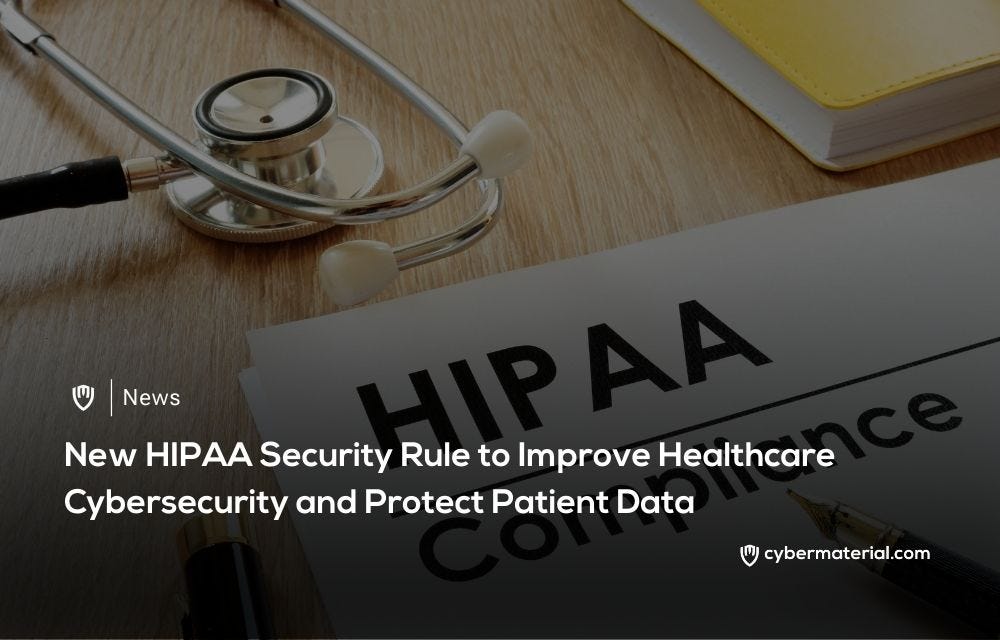
The U.S. Department of Health and Human Services (HHS) has proposed the first update to the HIPAA Security Rule since 2013, aiming to strengthen healthcare cybersecurity. The proposal, which spans 12…

The U.S. Department of Health and Human Services (HHS) has proposed the first update to the HIPAA Security Rule since 2013, aiming to strengthen healthcare cybersecurity. The proposal, which spans 12…